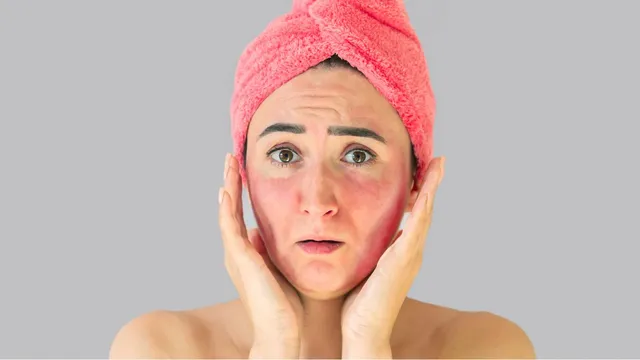- By Priyanka Munshi
- Thu, 28 Nov 2024 02:45 PM (IST)
- Source:JND
Winter Skin Care: With the winter season upon us, it is extremely important to take proper care of your hair, health, and especially your skin. Skin health requires extra attention during this time because winter tends to make the skin more sensitive, leading to common issues like dryness, irritation, and winter rashes. These rashes can dull your glowing skin, cause flaking, and result in redness and sensitivity.
The harsh winter winds, low humidity, and indoor heating strip your skin of its natural moisture barrier, causing further damage. To prevent this and maintain healthy skin, it’s essential to adopt some simple yet effective remedies. Here are the best hacks to protect your skin and eliminate winter rashes naturally:
Use A Moisturizer
During winter, always use a thick, fragrance-free moisturizer right after a shower to lock in moisture. Petroleum jelly is another excellent option for providing a protective barrier.
Use Lukewarm Water
Avoid hot showers as they can strip your skin of natural oils. Instead, use lukewarm water for bathing and cleansing. Opt for non-irritating, non-detergent-based cleansers to gently clean your skin without causing dryness.
Protect Your Skin
No matter the season, always protect your skin from external factors like dirt, pollution, harmful chemicals, and UV rays. Use sunscreen and protective clothing even during winter.
Try Home Remedies
Instead of relying on chemicals, nurture your skin with natural remedies like honey, turmeric, multani mitti, and tomatoes. These ingredients provide nourishment and help maintain healthy skin.
Eat Eczema-Friendly Foods
Incorporate foods rich in probiotics into your diet to help reduce eczema symptoms. A balanced diet with skin-friendly nutrients can significantly improve skin health during winter.
(Disclaimer: This article is for informational purposes only. It is not a substitute for professional advice, diagnosis or treatment.)

